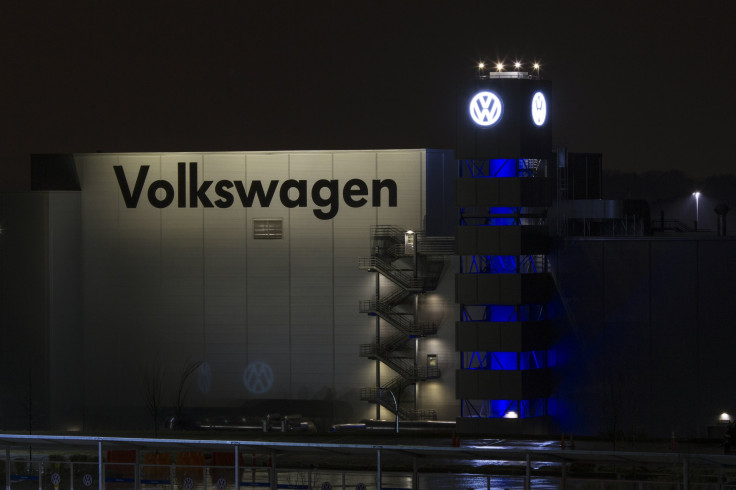UAW Welcomes Volkswagen Policy Shift After Years Of Failing To Gain Traction In Anti-Union South

The United Automobile Workers (UAW) union said Wednesday it is ready to work with Volkswagen under the automaker’s newly announced policy of allowing any labor group to represent workers at its sole U.S. factory. The UAW is trying to become the exclusive union representative for the Chattanooga, Tennessee, plant where the Passat sedan is manufactured, but it lost a key vote in February, when 712 of the plant’s 1,338 voting employees opposed the union’s collective bargaining authority.
“We have questions about this policy, which we'll work through in discussions with management,” Gary Casteel, UAW secretary-treasurer, said in an email after Volkswagen’s announcement. “But this is a step forward in building stronger relations between management and employees.”
Volkswagen’s policy change allows so-called minority unions, in which only some workers agree to union representation and pay corresponding dues. After years of failed attempts, the new policy represents the UAW’s best shot at gaining footholds in foreign-owned auto plants operating in the American South, including Mercedes-Benz in Vance, Alabama; Nissan in Canton, Mississippi; and Toyota in Buffalo, West Virginia. The UAW has seen its membership decline over the decades, and minority union representation may be its best bet in the anti-union South.
Under its new policy any labor group that garners support from at least 15 percent of workers can use factory facilities to post announcements and hold regular meetings with the plant’s human resources department. Groups that collect at least 45 percent support would be able to meet directly with plant managers every two weeks. While the UAW would be a traditional choice for collective bargaining representation, the American Council of Employees, a group founded by Volkswagen’s Chattanooga factory workers who oppose UAW representation, would also vie to represent workers under the new policy.
“Volkswagen is getting enormous pressure from the union back home,” said David Zonderman, a labor historian at North Carolina State University. “It’s the only Volkswagen plant in the world that doesn’t have union representation.”
Germany’s powerful IG Metall union supports the UAW acting as its proxy in representing about 3,200 workers at the company’s Chattanooga, Tennessee, factory. Volkswagen uses the European model of works councils, company-sponsored labor groups that help negotiate day-to-day issues, like vacation time, while the umbrella labor organization holds corporate board membership and negotiates general labor agreements, such as companywide salary increases.
But because U.S. federal labor law prohibits company- sponsored labor groups – a response to past efforts by U.S. companies to undermine independent labor representation – a German-style works council would likely face legal challenges. The U.S. answer to works councils could be found in minority unions.
“Minority unions can, if they’re run well on the ground, have some small positive track record,” said Zonderman, who points to modest successes of a minority union at Cummins Engine plant in Rocky Mount, North Carolina. Earlier this year the minority union represented by United Electrical Workers Local 150 won a raise for all factory workers despite minority union representation. “They managed to get the community to support the move,” Zonderman added.
The UAW claims it now has the support of a majority of workers at the plant through its UAW Local 42, formed this year by Volkswagen’s pro-UAW Chattanooga plant employees, but it hasn’t yet announced it would attempt to hold another election. Earlier this year the UAW withdrew a legal challenge to the National Labor Relations Board over what it called a “tainted election,” as it chose instead to focus on talks directly with Volkswagen, which is supportive of the push for union representation.
In the run-up to February’s vote, Tennessee Sen. Bob Corker claimed Volkswagen would give the plant the contract to produce a new SUV for the U.S. market if workers voted against the UAW. Corker was never asked to explain how he concluded Volkswagen was holding the SUV hostage to the results of the vote, even after Volkswagen denied the SUV project had anything to do with the union drive.
In July Volkswagen announced the Chattanooga plant would build a new crossover SUV for the U.S. market, adding 2,000 jobs. The new vehicle is part of the company’s effort to regain market share it has lost in recent years as consumers flock to more recent crossover and SUV models offered by competing brands.
© Copyright IBTimes 2025. All rights reserved.





















